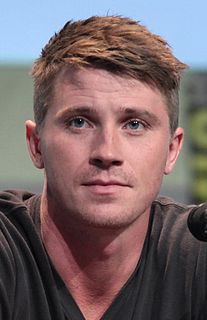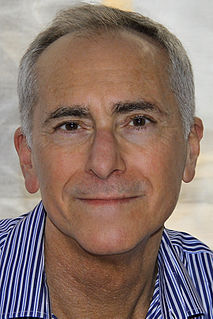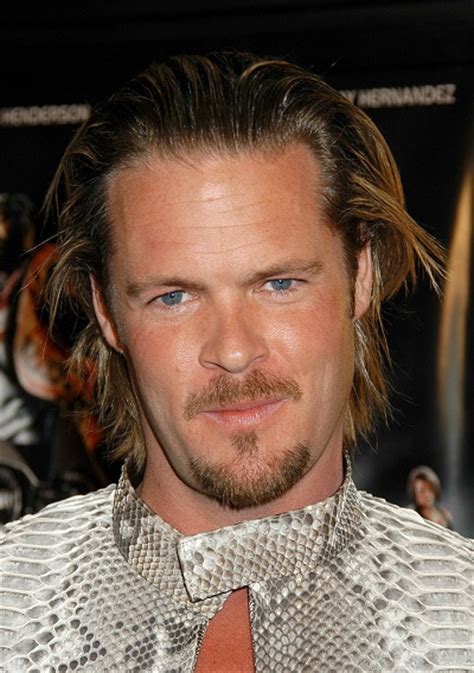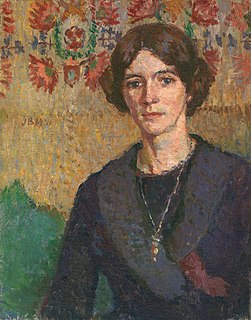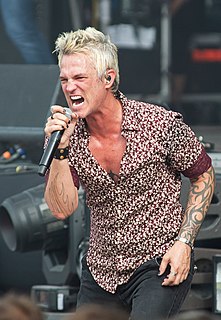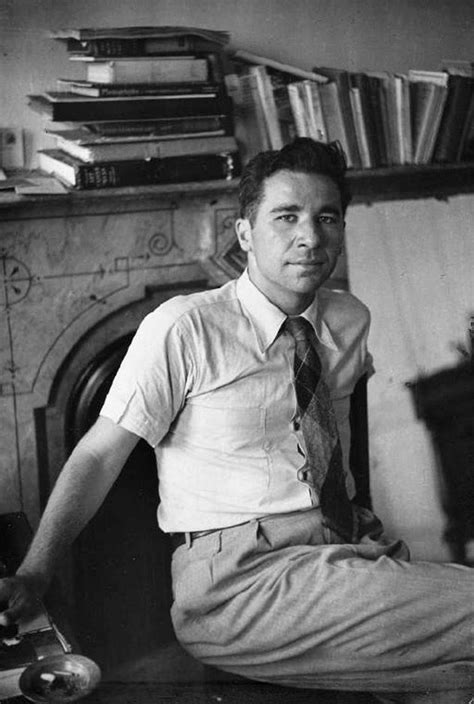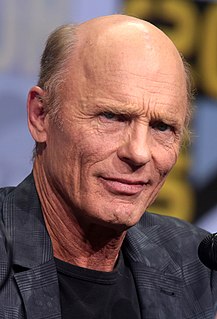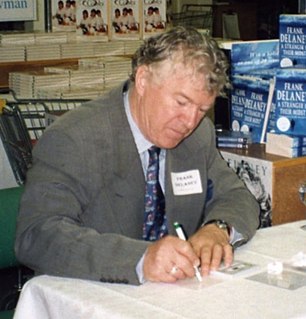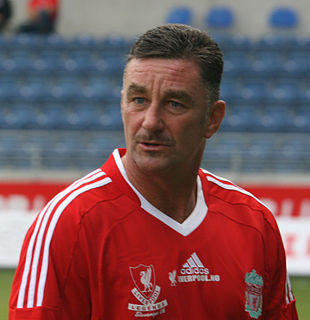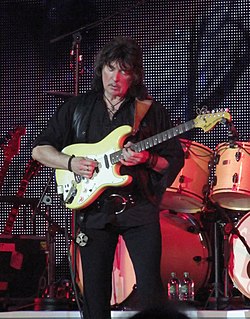A Quote by Garrett Hedlund
I fantasised about F. Scott Fitzgerald's 'The Great Gatsby' - I loved it, and then I read everything J. D. Salinger had to offer. Then I was turned on to Kerouac, and his spontaneous prose, his stream of consciousness way of writing. I admired him so much, and I romanticised so much about the '40s and '50s.
Related Quotes
I developed a mania for Fitzgerald - by the time I'd graduated from high school I'd read everything he'd written. I started with 'The Great Gatsby' and moved on to 'Tender Is the Night,' which just swept me away. Then I read 'This Side of Paradise,' his novel about Princeton - I literally slept with that book under my pillow for two years.
I would say that I learned that the heartbreak wasn't as much about me as the fact that my partner wasn't right with himself. I see where his life has taken him, and realize that the handwriting was on the wall. There were things that I had blamed myself for, but it was really more about his choices, his needs and his journey as a person. His desire for too much of everything made it a challenging relationship.
Weeks passed, and the little Rabbit grew very old and shabby, but the Boy loved him just as much. He loved him so hard that he loved all his whiskers off, and the pink lining to his ears turned grey, and his brown spots faded. He even began to lose his shape, and he scarcely looked like a rabbit any more, except to the Boy. To him he was always beautiful, and that was all that the little Rabbit cared about. He didn't mind how he looked to other people, because the nursery magic had made him Real, and when you are Real shabbiness doesn't matter.
Leonardo da Vinci had such a playful curiosity. If you read his notebooks, you'll see he's curious about what the tongue of a woodpecker looks like, but also why the sky is blue, or how an emotion forms on somebody's lips. He understood the beauty of everything. I've admired Leonardo my whole life, both as a kid who loved engineering - he was one of the coolest engineers in history - and then as a college student, when I travelled to see his notebooks and paintings.
His parents never talked about how they met, but when Park was younger, he used to try to imagine it. He loved how much they loved each other. It was the thing he thought about when he woke up scared in the middle of the night. Not that they loved him--they were his parents, they had to love him. That they loved each other. They didn't have to do that.
Fitzgerald never got rid of anything; the ghosts of his adolescence, the failures of his youth, the doubts of his maturity plagued him to the end. He was supremely a part of the world he described, so much a part that he made himself its king and then, when he saw it begin to crumble, he crumbled with it and led it to death.
I think Hollywood has gone in a disastrous path. It's terrible. The years of cinema that were great were the '30s, '40s, not so much the '50s...but then the foreign films took over and it was a great age of cinema as American directors were influenced by them and that fueled the '50s and '60s and '70s.
From the moment I met Martin Scorsese in 1962, he educated me about the films that had taught him so much about filmmaking. He had been deeply affected, even as a child, by great films that stretched his mind and struck into his heart, and he was eager to share them with friends and people who worked with him or with actors who were in his films.
There were no horror movies or horror books to speak of in the '40s. I picked the '50s because that pretty well spans my life as an appreciator - as somebody who's been involved with this mass cult of horror, from radio and movies and Saturday matinees and books. In the '40s there really wasn't that much. People don't want to read about horrible things in horrible times. So, in the '40s, there was Val Lutin with The Cat People and The Curse of the Cat People and there wasn't much else.
